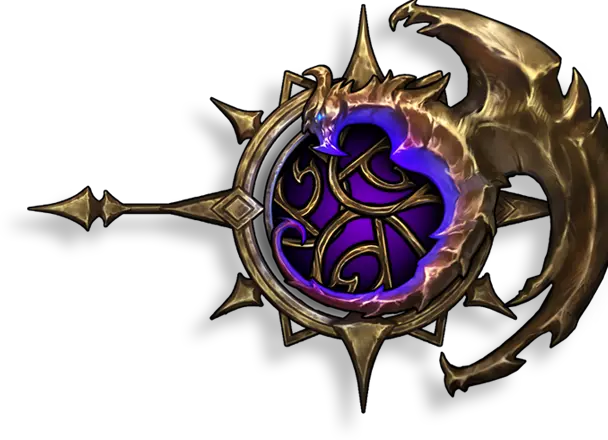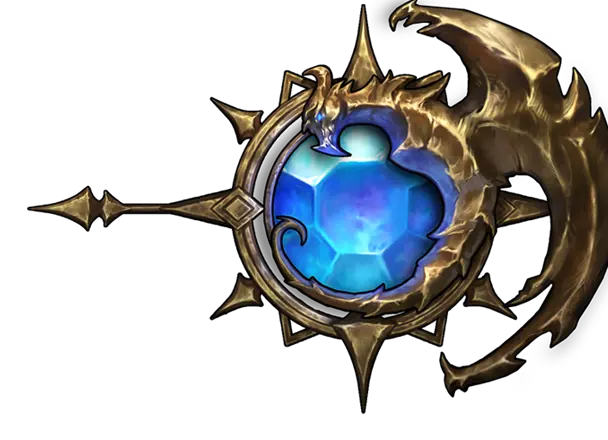Blockchain Nodes And Their Role In Gaming
Let’s get into the nitty-gritty of blockchain and how those nodes play a vital role in keeping things running smoothly.
Blockchain: A Quick Recap
Before we dive into nodes, let’s recap what blockchain is all about. Imagine a digital ledger shared across a network of computers. This ledger records transactions and information in “blocks” chained together, forming an immutable and transparent record of everything that happens. This means no one can tamper with the data, and everyone has access to the same information.
Nodes: The Backbone of Blockchain
Now, those computers that make up the blockchain network? Those are the nodes. They’re like the backbone of the whole system, ensuring that the blockchain runs smoothly and securely. Here’s what they do:
- Validate Transactions: When you make a transaction on a blockchain, nodes verify that it’s legit. They check if you have enough funds, if the digital signature is valid, and if the transaction follows the rules of the blockchain.
- Store a Copy of the Blockchain: Each node keeps a complete copy of the blockchain. This distributed ledger ensures that no single point of failure can take down the network or corrupt the data.
- Relay Information: Nodes communicate with each other, sharing information about new transactions and blocks. This keeps the entire network in sync and ensures that everyone has the latest updates.
Types of Nodes
Not all nodes are created equal. Here are a few different types:
- Full Nodes: These are the heavy lifters, storing the entire blockchain and validating every transaction. They’re essential for maintaining the security and integrity of the network.
- Light Nodes: These nodes store only a portion of the blockchain, making them faster and more efficient. They rely on full nodes for complete information when needed.
- Mining Nodes: In blockchains that use proof-of-work consensus (like Bitcoin), mining nodes solve complex mathematical problems to add new blocks to the chain. This process secures the network and rewards miners with cryptocurrency.
Blockchain Nodes in Gaming
Here’s how nodes play a crucial role in blockchain gaming:
- Secure In-Game Assets: Nodes ensure the security and integrity of in-game assets represented as NFTs. They verify ownership, prevent fraud, and ensure that your hard-earned loot is truly yours.
- Facilitate Trading: Nodes enable decentralized marketplaces where players can trade NFTs and in-game currency securely and transparently.
- Support Play-to-Earn: Nodes validate transactions and ensure fair distribution of rewards in play-to-earn games, allowing players to earn cryptocurrency with confidence.
Legends of Elysium: A Node-Powered Ecosystem
Legends of Elysium (LOE) relies on a Polygon network of nodes to ensure the smooth operation of its blockchain-based gaming ecosystem. These nodes validate transactions, secure in-game assets, and support the game’s play-to-earn model. LOE’s decentralized infrastructure ensures that players have true ownership of their assets and can trade them securely on the platform’s marketplace.
The Benefits of Nodes in Gaming
Here’s why nodes are essential for the future of blockchain gaming:
- Decentralization: Nodes distribute control, preventing any single entity from manipulating the game or its assets.
- Security: Nodes protect the network from attacks and ensure the integrity of in-game data.
- Transparency: Nodes provide a public and auditable record of all transactions, fostering trust and fairness.
- Scalability: As the gaming ecosystem grows, the network of nodes can expand to handle increased transaction volume and maintain smooth performance.
Challenges and Considerations
While nodes are crucial for blockchain gaming, there are a few challenges to consider:
- Node Maintenance: Running a full node can require significant computing resources and technical expertise.
- Network Congestion: High transaction volume can sometimes lead to network congestion, resulting in slower transaction speeds.
- Energy Consumption: Some blockchains, particularly those using proof-of-work consensus, can consume a lot of energy. Developers are actively working on more sustainable solutions.
The Future of Nodes in Gaming
As blockchain gaming evolves, nodes will continue to play a vital role in ensuring the security, transparency, and scalability of these innovative ecosystems. Here are some potential developments:
- More Efficient Nodes: Developers are constantly working on improving the efficiency of nodes, reducing their resource requirements and making them more accessible to a wider range of users.
- Interconnected Networks: Nodes will play a key role in connecting different blockchain gaming ecosystems, enabling cross-game interoperability and the seamless transfer of assets between games.
- Decentralized Governance: Nodes could be used to facilitate decentralized governance in gaming, allowing players to participate in decision-making and shape the future of their favorite games.
So, there you have it: a crash course on blockchain nodes and their importance in the gaming world. As you explore the exciting realm of blockchain gaming, remember that nodes are the unsung heroes working behind the scenes to ensure a secure, transparent, and truly revolutionary gaming experience.







